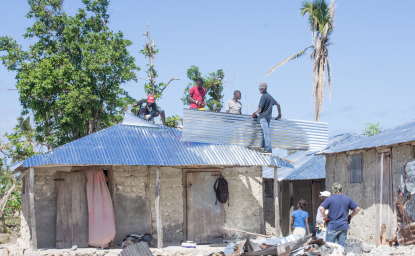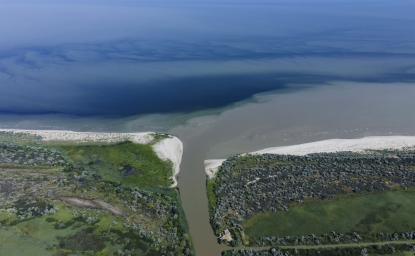U.S. National Security Strategists Should Consider Climate, Natural Resources, Says ECSP Director Geoff Dabelko
MAY 2009—Dabelko Featured at Johns Hopkins University Applied Physics Laboratory's Series
MAY 2009—Dabelko Featured at Johns Hopkins University Applied Physics Laboratory's Series
U.S. defense planners should better integrate climate change and natural resources threats and opportunities into national security strategies, asserted ECSP Director Geoff Dabelko.
Dabelko spoke (video; audio; PowerPoint presentation) at the Johns Hopkins University Applied Physics Laboratory's series on rethinking the National Security Strategy and the Quadrennial Defense Review.
Just as military leaders make battlefield decisions based on incomplete information, they (and their civilian counterparts) must do the same when planning for the impacts of climate change, said Dabelko.
He said climate change would likely affect the U.S. military by:
Climate Change and National SecurityView more presentations from ecspblog.

The Environmental Change and Security Program (ECSP) explores the connections between environmental change, health, and population dynamics and their links to conflict, human insecurity, and foreign policy. Read more



